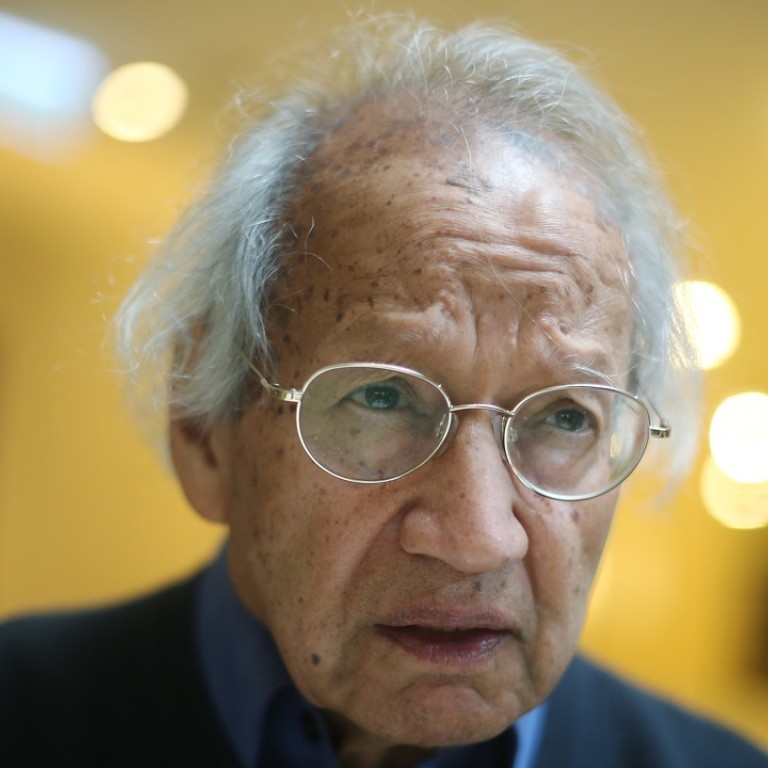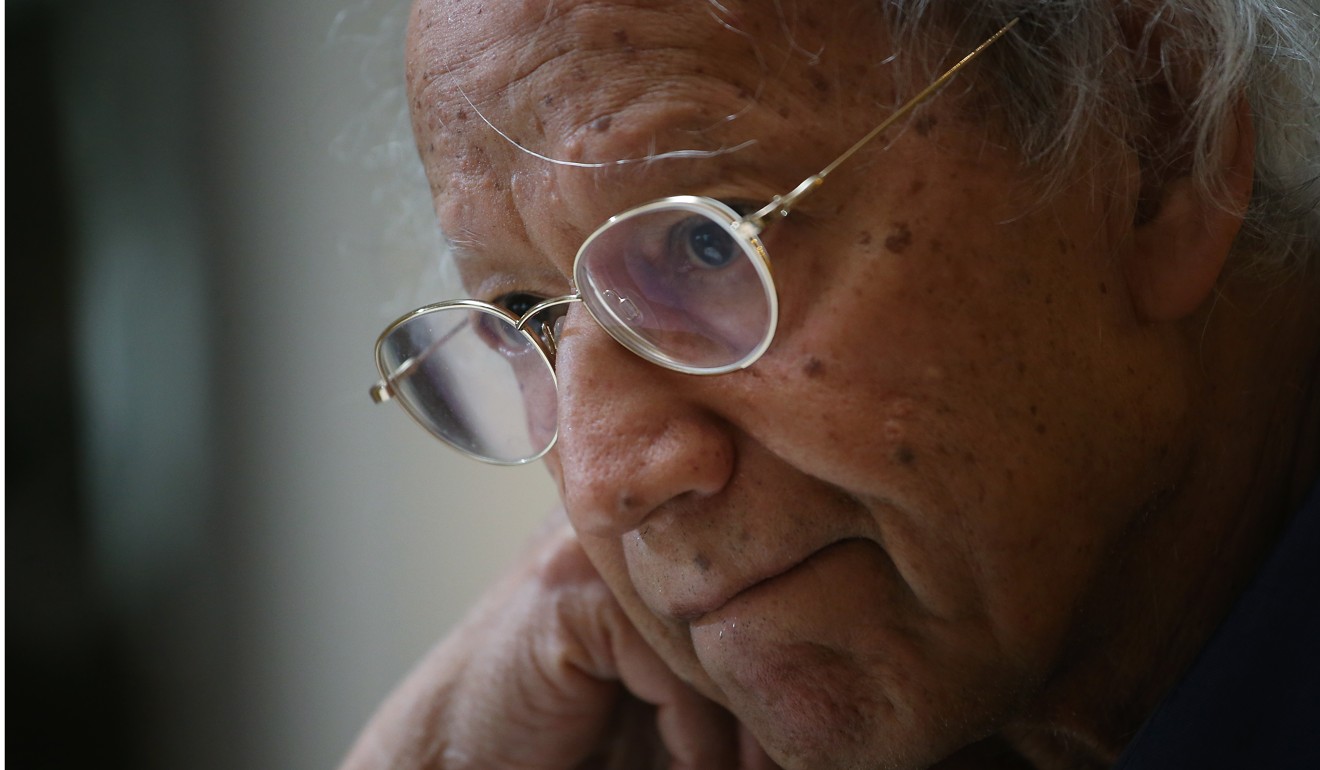
Time for Beijing and Hongkongers to discuss way forward beyond 2047, constitutional expert says
HKU emeritus professor of law Yash Ghai says international community should not get involved in matter as it ‘cannot force anything on China’
It is time for academics from Hong Kong and the mainland to forge a dialogue and explore the way forward for the city beyond 2047, when the “one country, two systems” blueprint expires, a prominent constitutional law expert said, as he argued that the international community would have little say in the matter.
Professor Yash Ghai, an emeritus professor of law at the University of Hong Kong, also lamented the city’s stagnant democratic development 20 years after its return to Chinese rule as he slammed Britain for “doing nothing at all” in ensuring the full implementation of the Sino-British Joint Declaration, which promised the city a high degree of autonomy for 50 years until 2047.
“I think it is not a bad time for China to do a study of the constitutional arrangement with the scholars from the mainland and [Hong Kong] to sit down and see ultimately where is the common interest and what the relation has been like … what have been the strengths and weaknesses of it and how can we deal with that in good faith,” Ghai told the Post in an interview.
He said he thought the matter could be resolved “without too much of a problem.”
Umbrellas now and then: 20 years since Hong Kong handover, have things really changed?
While some local pro-democracy activists have pinned their hopes on the international community to exert pressure on Beijing to safeguard the city’s autonomy, Ghai argued this was probably not a wise strategy, especially when China had become a valued member on the global stage with its powerful economy.
“I think the international community should not get too involved in this now. They should realise [they] cannot force anything on China,” the Kenyan-born academic said.

“I do not think that China would have a minute of tolerance of the United Nations saying ‘now we will solve your problem’. That is my impression. So why waste time on this? I think it has to be a discussion between Beijing and Hongkongers.”
Ghai urged China to open doors and dialogues with not only the Hong Kong government but the city’s people, and to treat them as fellow citizens, not enemies.
He also lamented that the Hong Kong administration was under too much control from Beijing.
It was “extremely unfortunate” that the right to vote for the chief executive had been taken from the hands of Hongkongers, he added, as it had made the head of government not really accountable to citizens but to the hierarchy in Beijing.
Hong Kong must protect its high degree of autonomy to ensure ‘one country, two systems’ remains effective
Ghai said he would not jump to conclusions and suggest “the city’s rule of law is finished” based on the decisions in one or two cases.
Any pressure on the judiciary by any group is a fundamental violation of the rule of law.
But he reiterated his reservations about the mechanism that allowed the National People’s Congress Standing Committee – the country’s top legislative body – to overrule decisions made by the court in Hong Kong.
“A problem with the decisions of the Standing Committee is that they do not really offer reasons. When you look at the position, you can go on for 30 or 40 pages, but you just say one or two sentences. That is not rule of law,” he said. “Rule of law is about reasoning – giving reasons for what and how you decide.”
The biggest threat to rule of law was interference, Ghai said, as he urged the local and central government to leave the judiciary alone.
“The rule of law depends very much on the independent, competent and neutral judiciary,” he said. “Any pressure on the judiciary by any group is a fundamental violation of the rule of law.”

